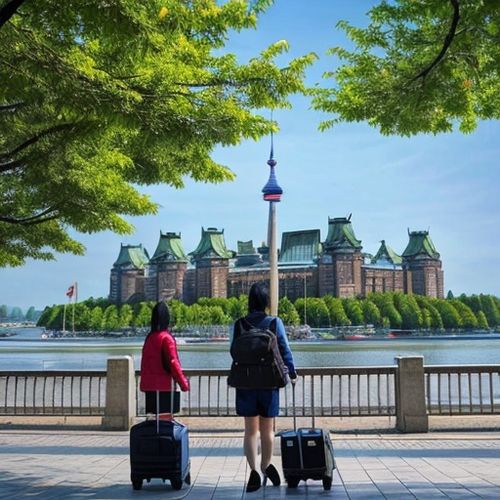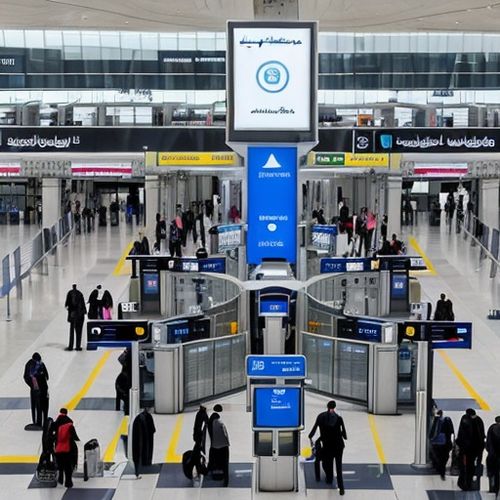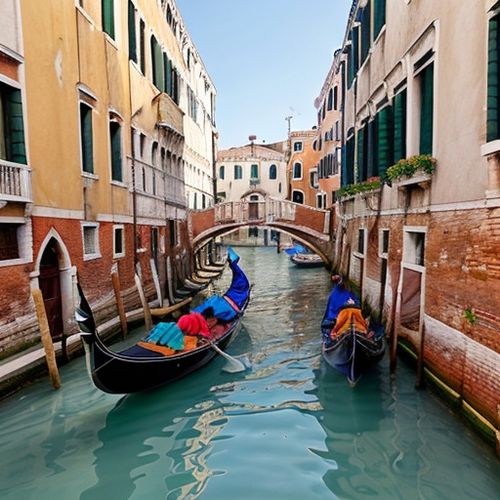The introduction of Venice’s tourist tax has sparked widespread discussion since its implementation last month. Designed to mitigate the effects of overtourism and generate revenue for the city’s preservation, the levy has already exceeded financial expectations. However, the critical question remains: Are visitors actually accepting this new charge, or is it fostering resentment among those who flock to the iconic canals and historic landmarks?
Initial data suggests that the first month of collections surpassed projections, with revenues indicating strong compliance from tourists. City officials report that the tax, which ranges from €3 to €10 depending on the season and type of visitor, has been largely met without significant pushback. This could imply that travelers recognize the necessity of such measures, given Venice’s fragile infrastructure and the strain imposed by millions of annual visitors.
Yet, beneath the surface, reactions are more nuanced. Interviews with tourists reveal a mix of resignation and frustration. Many acknowledge the need for sustainable tourism but question whether the funds will be used effectively. "I don’t mind paying a few euros if it helps preserve Venice," said one German traveler, "but I’d like to see transparency in how this money is spent." Others, particularly budget-conscious backpackers, argue that the additional cost adds up, especially when combined with Venice’s already high prices for accommodation and dining.
Local businesses, meanwhile, are cautiously optimistic. Some fear that the tax might deter short-term visitors, who contribute significantly to the economy, while others believe it could encourage longer, more meaningful stays. "The day-trippers spend less and crowd the streets," noted a gondola operator. "If this tax means fewer but more engaged tourists, that’s better for everyone." The debate reflects a broader tension between accessibility and preservation—a challenge faced by many overtouristed destinations worldwide.
Venice’s experiment with the tourist tax is being closely watched by other cities grappling with similar issues. If successful, it could set a precedent for balancing tourism’s economic benefits with its cultural and environmental costs. For now, the early financial success is a promising sign, but the true measure of acceptance will unfold in the coming months as both tourists and locals adapt to this new reality.
Beyond the numbers, the emotional response to the tax reveals deeper concerns about the future of travel. Venice, a city teetering between its identity as a living community and a museum-piece, embodies the global struggle to manage tourism sustainably. While the tax may be a step in the right direction, its long-term viability hinges on trust—trust that the funds will protect, not exploit, the city’s heritage.
As the summer high season approaches, the real test begins. Will visitors continue to pay without complaint, or will resistance grow? For Venice, the answer may determine not just the success of its tax policy, but the survival of its very soul.

By John Smith/Apr 11, 2025

By Samuel Cooper/Apr 11, 2025

By George Bailey/Apr 11, 2025

By Thomas Roberts/Apr 11, 2025

By Lily Simpson/Apr 11, 2025

By Jessica Lee/Apr 11, 2025

By Laura Wilson/Apr 11, 2025

By Olivia Reed/Apr 11, 2025

By Noah Bell/Apr 11, 2025

By Christopher Harris/Apr 11, 2025

By Emma Thompson/Apr 11, 2025

By Ryan Martin/Apr 11, 2025

By Grace Cox/Apr 11, 2025

By Sarah Davis/Apr 11, 2025

By James Moore/Apr 11, 2025

By Emma Thompson/Apr 11, 2025

By James Moore/Apr 11, 2025

By Victoria Gonzalez/Apr 11, 2025

By Michael Brown/Apr 11, 2025

By Grace Cox/Apr 11, 2025